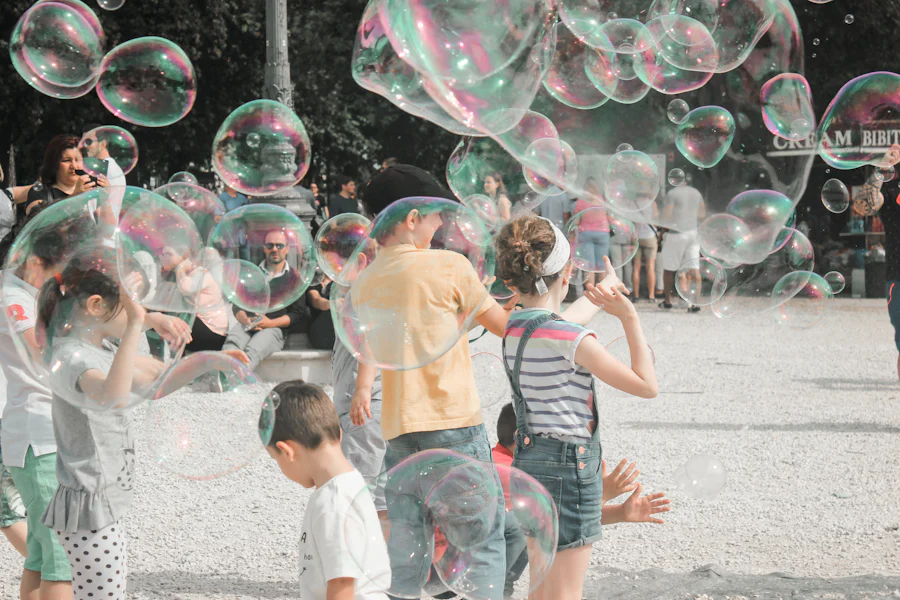Here are some four examples scenarios with explanations on how to teach children emotional regulation by modelling it yourself:
- Scenario: Your child is upset because they lost their favorite toy. Explanation: Instead of getting angry or frustrated, you can model healthy ways to manage stress, frustration, or disappointment. You can say something like “I understand that you’re upset because you lost your favorite toy. It’s okay to feel sad or angry. Let’s take a deep breath together and think of ways we can find it. If we can’t find it, we can always get a new one.”
- Scenario: Your child is feeling anxious about an upcoming test. Explanation: Instead of dismissing their feelings, you can model healthy ways to manage stress and anxiety. You can say something like “I understand that you’re feeling anxious about the test. It’s okay to feel nervous. Let’s take a break and do something fun to take your mind off it. We can also practice some breathing exercises together to help you relax.”
- Scenario: Your child is feeling frustrated because they can’t complete a puzzle. Explanation: Instead of getting angry or impatient, you can model healthy ways to manage frustration. You can say something like “I understand that you’re feeling frustrated because the puzzle is difficult. It’s okay to feel that way. Let’s take a break and come back to it later. We can also try a different puzzle that’s more suited to your skill level.”
- Scenario: Your child is feeling disappointed because they didn’t get invited to a friend’s party. Explanation: Instead of dismissing their feelings, you can model healthy ways to manage disappointment. You can say something like “I understand that you’re feeling disappointed because you didn’t get invited to the party. It’s okay to feel that way. Let’s plan something fun to do together instead. We can also invite some friends over for a playdate.”
By doing this, you are demonstrating emotional intelligence within the family and teaching your child how to regulate their emotions in a healthy way.
Remember, children learn by modelling what their parents are doing, not saying. So, it’s important to stay calm and model good behaviour even when you’re feeling stressed or frustrated.


